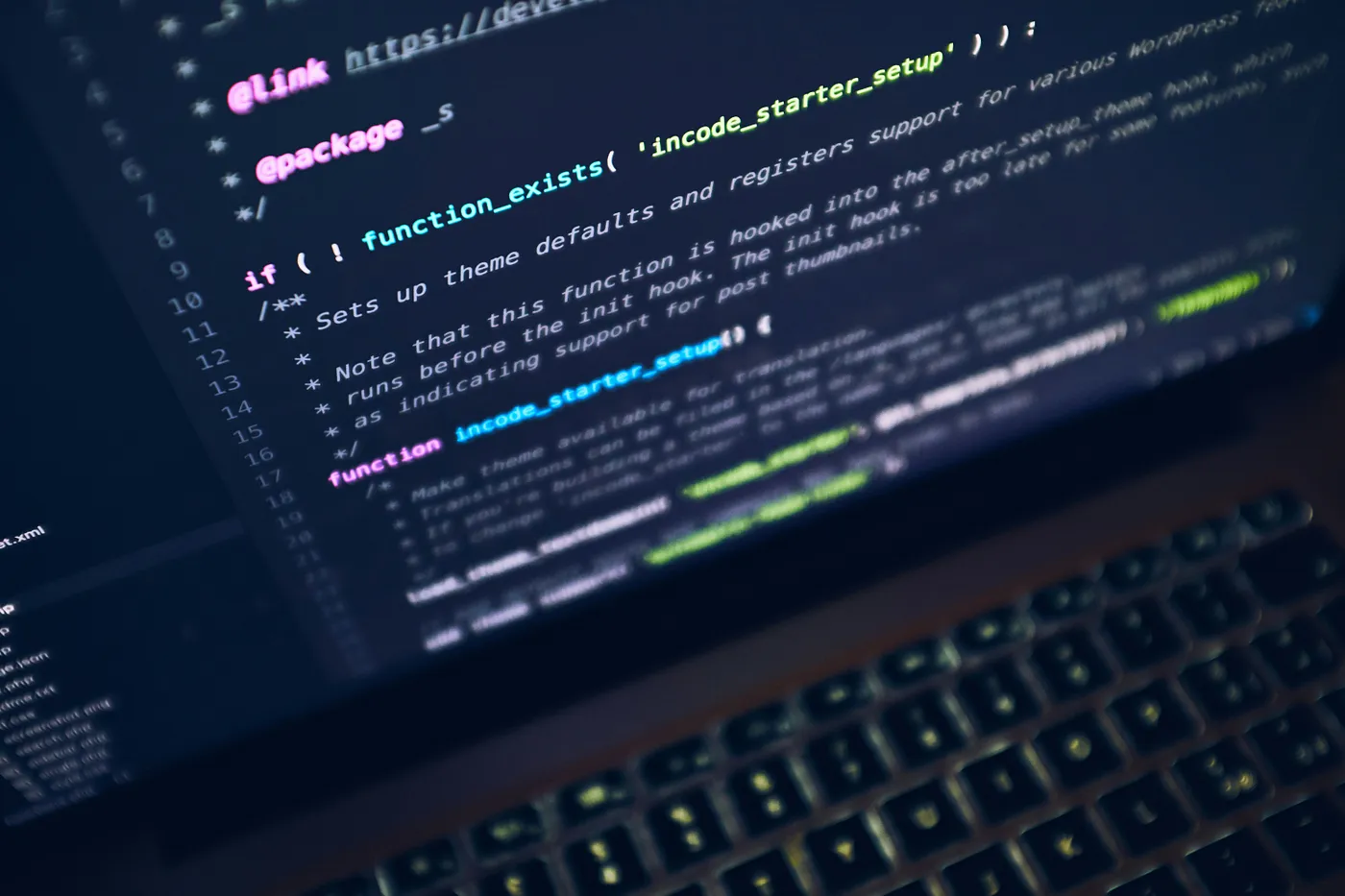Imagine a self-executing contract, where terms are automatically enforced without lawyers, middlemen, or delays. Enter smart contracts: the ingenious code running on blockchains like Solana that revolutionize how agreements are made and fulfilled.
Think of it like a vending machine: you insert money, select your item, and it’s dispensed instantly. No need for trust — the code ensures everyone gets what they deserve. So, how do they work?
Essentially, a smart contract is a piece of code stored on a blockchain. This code outlines the terms of an agreement, like:
🔥 Who is involved? (e.g., buyer, seller, escrow)
🔥 What actions need to happen? (e.g., payment transfer, asset delivery)
🔥 What conditions trigger these actions? (e.g., product received, payment confirmed)
Once deployed on the blockchain, the code becomes immutable and transparent. Everyone can see the agreement’s terms and track its execution in real-time. This transparency fosters trust and eliminates the need for intermediaries, saving time and money.
Here are some cool things smart contracts can do:
– Automate payments: Release funds upon successful product delivery or service completion.
– Manage supply chains: Track goods and ensure payments only occur when products reach specific checkpoints.
– Create decentralized marketplaces: Facilitate peer-to-peer transactions without a central authority.
– Enable secure voting systems: Eliminate manipulation and ensure transparency in elections.
– Power Decentralized Autonomous Organizations (DAOs): Automate decision-making and resource allocation in community-driven projects.
Smart contracts are still evolving, but their potential is vast. They hold the promise of a more efficient, transparent, and secure way to conduct business and interact with the world. Stay tuned, as this technology continues to shape the future!
Want to learn more? Ask me any questions about specific use cases, technical details, or the future of smart contracts!

